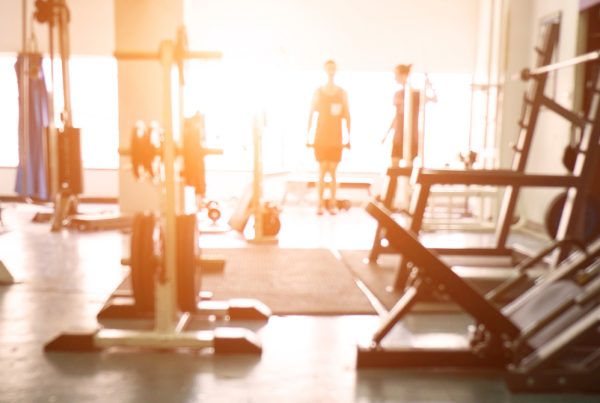The National Sector Partners Group (NSPG) has issued the following response to the latest Active Lives Adult Survey from Sport England, published today (25 April)
The latest Active Lives Adult Survey continues to show the recovery of the sport, recreation and physical activity sector from Covid-19, with a modest increase in the numbers of active adults.
However, this data clearly demonstrates that we must work harder and faster to generate transformative change in our nation’s health and wellbeing, unlocking the potential of our sector to reduce inequalities and deliver real progress in activity levels.
As evidenced by the National Sector Partners Group (NSPG), the UK is currently 11th out of 15 comparable European nations for activity levels, and modest increases such as this will do little to make the UK the most active nation in Europe, with all the associated health and economic benefits.
These results show a growing gap in levels of activity among different income and deprivation demographics. This was identified as a clear focus of the ‘Get Active’ strategy announced last year.
We are still seeing little or slow progress with tackling long standing inequalities based on gender, ethnicity and disability. Men are still more likely to be active than women (66% v 61%), activity is less common for adults with disabilities of long-term conditions (48% v 69% for those without) and there has been a drop in the proportion of Black and Asian adults active now compared to 2015.
There is also a clear issue with activity among the working age population, with stagnant growth among those aged 35-54. As the country struggles with economic inactivity and low productivity, this clearly demonstrates the need for more robust action to create a more active workforce that is not only healthier, but more productive as a consequence.
Government must now set out in detail how it will dramatically increase activity levels, or risk missing out on the ambitious targets set last year, and work at pace with our organisations to effect this change.
The NSPG remains committed to working with Government through the National Physical Activity Taskforce to deliver on the ambitions of the ‘Get Active’ strategy in raising activity levels across all demographics.
Huw Edwards, CEO of ukactive, said:
“Fitness and swimming activities continue to drive activity levels as the third biggest source of activity, behind only walking and active travel, and with an increase of 1.5% on the previous year (approximately 800,000 more people).
“This growth is reflected in the increasing membership figures shown in ukactive’s recent Private Sector Benchmarking report, and the growth seen across Europe in Deloitte’s report with EuropeActive.
“The evidence shows our nation’s gyms, swimming pools and leisure centres are essential services in supporting the health and wellbeing of the community.
“In order to achieve a transformative impact on activity levels and reverse the growing health inequalities shown by Active Lives, we must see our political leaders prioritise working with the physical activity sector.
“Our members continue to face significant operational pressures in the form of high energy costs, staffing, and the cost-of-living – putting communities at further risk of losing access to support.
“As we approach a General Election, any future Government must demonstrate a strategy that uses all the levers at its disposal to empower our sector to play its fullest role in improving our nation’s physical and mental health.
“The positive association between activity levels and wellbeing seen in the survey reflects our own research which showed mental health as one of the leading reasons for people taking out a gym membership (78%).
“Furthermore, while it is encouraging to see groups aged over 55 and 75 becoming more active, the stagnation among working-age adults aged 35 to 54 is a major concern. More must be done to incentivise working age people to be active, because health is essential for our economic growth.”
Read more about ukactive’s most recent lobbying work in our News section.

More People More Active More Often




